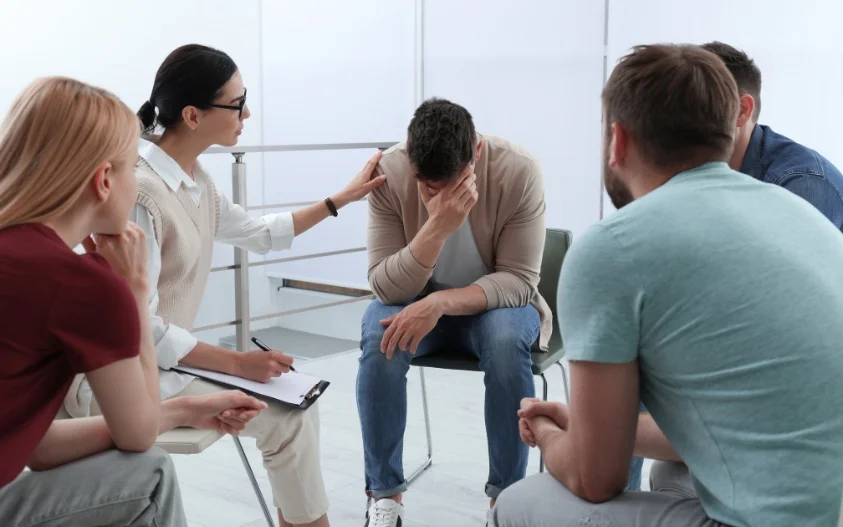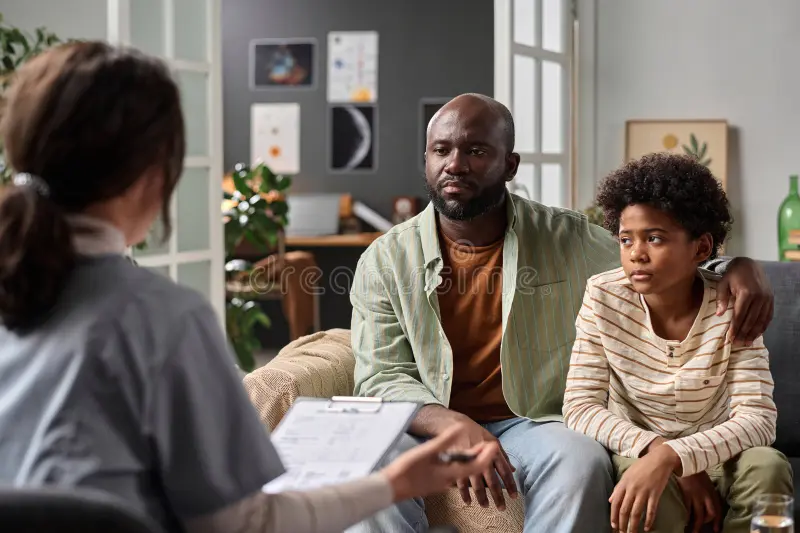24/7 Helpline:
(866) 899-111424/7 Helpline:
(866) 899-1114
Learn more about Bipolar Disorder Treatment centers in Henrico
Bipolar Disorder Treatment in Other Cities

Other Insurance Options

Regence

Magellan

ComPsych

MVP Healthcare

Absolute Total Care

Coventry Health Care

Aetna

BlueCross

Cigna

UnitedHealth Group

Lucent

Choice Care Network

Ambetter

Meritain

Covered California

BHS | Behavioral Health Systems

EmblemHealth

CareSource

MHNNet Behavioral Health

BlueShield

Henrico Area Mental Health – East Center Office
Henrico Area Mental Health – East Center Office is a public rehab located in Henrico, Virginia. Henr...






















Thriveworks Short Pump
Thriveworks Short Pump is a private rehab located in Henrico, Virginia. Thriveworks Short Pump speci...

High Focus Centers
High Focus Centers is a private rehab located in Henrico, Virginia. High Focus Centers specializes i...



